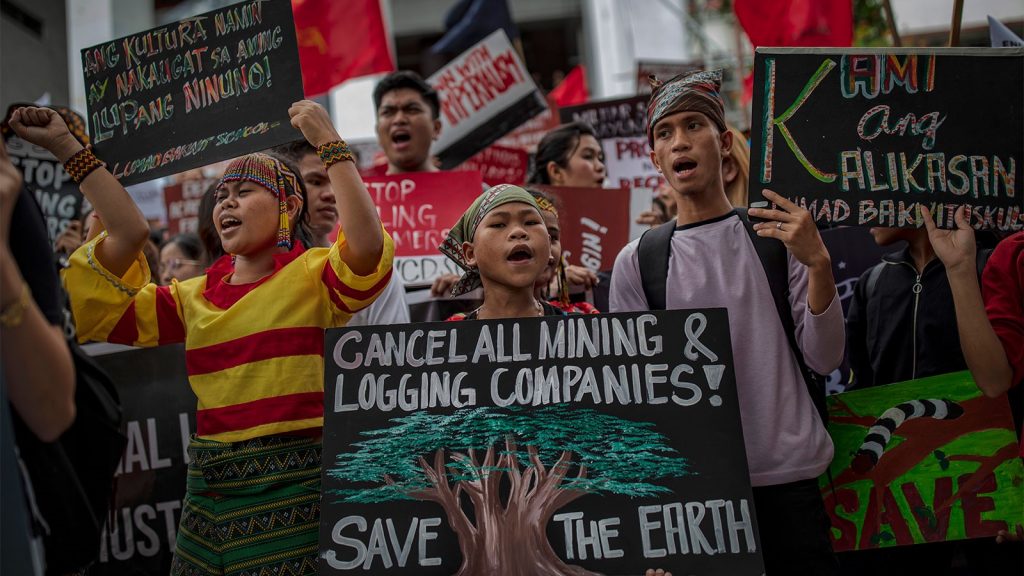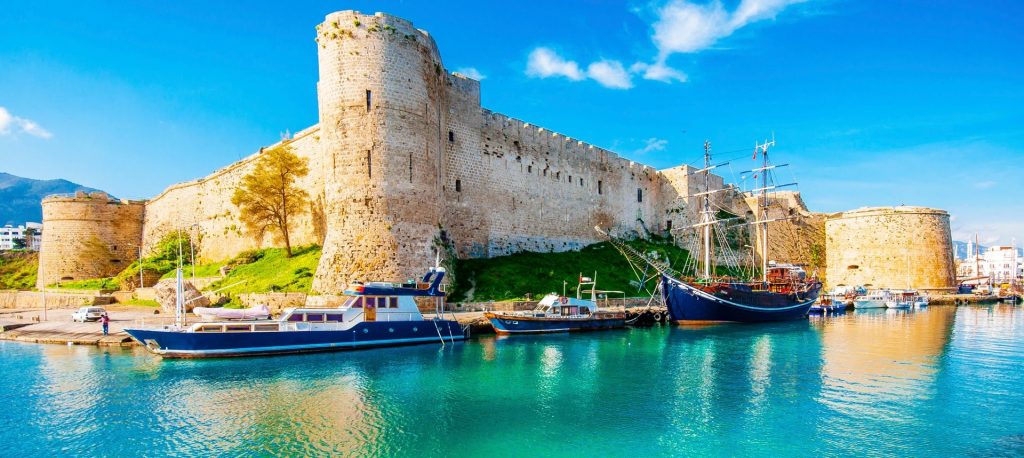Why travel players should start promoting Green Tourism
Introduction
With borders reopening and the tourism industry begins its operations, more focus will be put on the aspects of marketing and promotion. The rise in sustainable tours and travels is expected seeing how the COVID-19 pandemic has exposed vulnerabilities of the tourism industry. Not only going green is the way to go when it comes to marketing strategies, it should shape the business model for tourism operators as well. In the long run, sustainability of tourism commodities or preservation of touristic wonders can be achieved.
In this post, we’ll provide an all-encompassing rundown of Green Tourism, and why travel operators from hotels, restaurants, tour operators, travel agencies etc should start promoting Green Tourism as their core business model. Not only that, we will see the emergence of a particular group of age demographics that has surpassed their older generation in spending power thus giving a huge impact to the green business industry.
_______________________________________________________________________________________________________________
What is Green Tourism and What’s it got to do with the Millennials?
Green tourism can be explained as environmentally friendly tourism activities with various focuses and meanings. It is a form of tourism involving visiting fragile, pristine, and relatively undisturbed natural areas, intended as a low-impact and often small scale alternative to standard commercial tourism. Environmentalist considers green tourism as a crucial effort in that destinations are preserved for coming generations.
Millennials are the main customers for the next 20 years. The Gallup have reported that millennials contributed $1 trillion in consumer spending and 73% say they’d spend more for sustainable products. Coined the ‘green generation’, Generation Yers or ‘Millennials’ are more green conscious than Gen Xers and Baby Boomers. Through a survey conducted in the north Sichuan province of China, where sample cohorts are Chinese millennial tourists have shown that those “visiting protected areas are becoming progressively more concerned regarding the environment.” With the United Nations (UN) “Sustainable Development Goals (SDGs)” highlighting the potential role of young tourists to contribute to sustainable tourism, tourism operators should gear their business strategies in the green and sustainability.

Another survey conducted to investigate Generation Y travellers’ beliefs and attitudes towards green hotel practices finds that active Gen Yer green travellers consider green certification and visible green advertisement are important factors when they stay in a green hotel. They also generally agree that hotels should have recycling and disposal programmes as well.
Millennials believe that they are capable to do better in their decisions and actions. They are also more likely to have the idea that things that are good for them may do the opposite to the environment. These are reflected in their proclivity towards activism and volunteerism. Spending money for millennials will take into account the collective impact of their choices, be it in the food they eat, the clothes they wear and the hotels they choose to stay. For this, we can see how their attitude towards green and sustainability reflects in their purchasing choices.
The History of Green Tourism
The World Tourism Organization (2003) defines sustainable tourism as “tourism which leads to management of all resources in such a way that economic, social and aesthetic needs can be fulfilled while maintaining cultural integrity, essential ecological processes, biological diversity and life support system”.
During the 2nd International Conference on Climate Change and Tourism 2007 in Davos, it was stressed that “the tourism sector must rapidly respond to climate change and progressively reduce the greenhouse gas (GHG) effect, for tourism to grow in a sustainable manner”. Thus, the practice of green tourism by tourism operators is in tandem with WTO’s call for the focus on sustainable tourism.
Be aware of ‘greenwashing’
‘Greenwashing’, a term coined in 1986 by Jay Westerveld, an environmentalist from upstate New York, refers to the act of focusing more on being sustainable as a mere marketing strategy rather than genuinely minimising their environmental impact.
“He noticed the vast amount of waste he had come across throughout the rest of the hotel, where there were no visible signs of efforts being made to become more sustainable. He said that instead, the hotel was simply trying to reduce costs by not having to wash towels as much but while trying to market it as being eco-friendly.”

Being green should transcend mere marketing strategies. Consumers today are well-informed and have the ability to access information or data easily. With this, business operators should do a meaningful research on how to be sustainable and apply it on every corner of their operations. Marketing strategies should reflect the authenticity of the business and promoting the business as green should not be done for show only. Realize that adoption of green attitude by businesses can benefit in the long run not only its surrounding communities but towards the tourism industry itself.
Consumer Attitude towards purchasing intention
A Case Study from Southern Europe have shown that eco-hotels and the green economy are a priority in the selection by tourists from around the world. Many hotels from various categories in southern Europe have applied the green economy in their business strategies which became a goal and are prioritized in their business.

Scenic small island of North Cyprus
Another study conducted in a small island state like North Cyprus shows that tourists with green attitude influences their intention to participate in sustainability of green tourism. While in the emerging market of South Africa, through a study that investigates green purchase behaviour amongst the millennials stresses the importance of cultivating the adoption behaviours of green products towards their customer base, thereby securing the further growth of this niche market segment and enhancing purchase behaviours in the long run.
Economic recovery
In the Editorial Essay: Covid‐19 And Protected And Conserved Areas, Hocking et al. postulates that economic recovery indeed remains as a global priority but it doesn’t just stop there as it will be a green economic recovery. Governments are actively investing in the industry as tourism is one of the biggest contributor to most country’s GDP. Leaders from many parts of the world, notably the European Union, Costa Rica, Finland, New Zealand and Canada, have expressed their desire to embrace natural climate solutions and rural support for ecosystem restoration as part of their recovery plans.
______________________________________________________________________________________________________________
Green Tourism should be applied not just as a part of a marketing strategy but should embody the tourism industry itself. Millennials, who are your main potential customers and represents a substantial amount of spending money coupled with their tech-savviness – are the ones you should tailor your business strategies to as they are also most concerned about being environmentally conscious. Many tour operators have shown success in implementing green attitude which in turn brought in more customers while conserving tourism commodities which will be beneficial in the long run.
